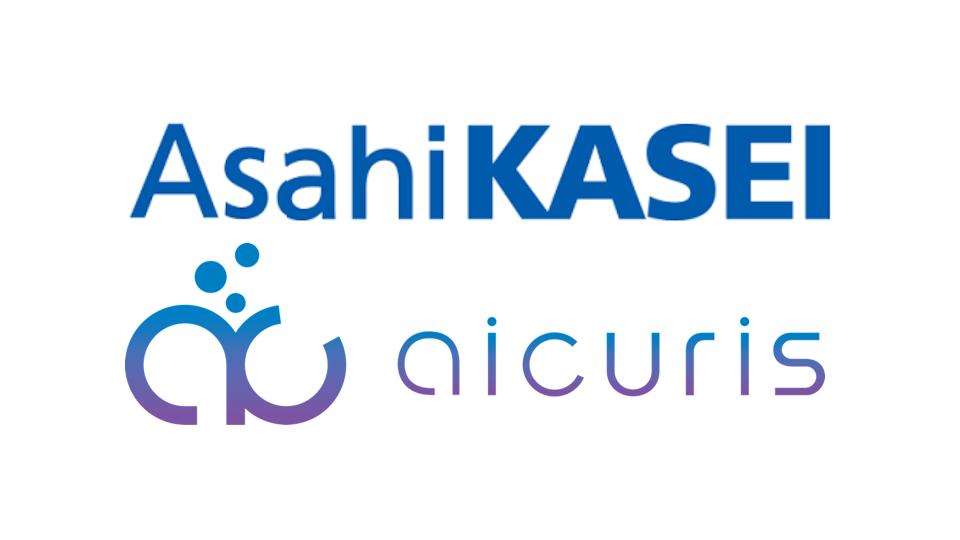Novartis builds hefty IgAN pipeline with $3.5bn Chinook buy

Chinook Therapeutics' CEO Eric Dobmeier
Further evidence of big pharma’s return to M&A dealmaking in 2023 has come this morning from Novartis, which has just agreed a takeover of rival Chinook Therapeutics for $3.2 billion upfront.
The acquisition would significantly boost Novartis’ position in rare kidney disease IgA nephropathy (IgAN), which the Swiss big pharma is targeting with oral complement factor B inhibitor iptacopan, due to report phase 3 results later this year.
Buying Chinook will add a pair of late clinical-stage programmes for IgAN, headed by atrasentan, an oral endothelin A receptor antagonist (ERA) in a phase 3 trial due to generate results later in 2023, which is in the same class as Travere Therapeutics’ recently-approved Filspari (sparsentan).
Following behind is zigakibart (BION-1301), a subcutaneously administered anti-APRIL antibody, which is expected to start phase 3 testing in IgAN in the third quarter of this year.
The deal includes a $40-per-share upfront payment, as well as a contingent value right (CVR) of $4 – around $300 million – with $2 each tied to regulatory approvals of atrasentan in IgAN and follow-up indication focal segmental glomerulosclerosis (FSG). If completed, all of the renal disease projects from both companies will be bundled into a new Novartis subsidiary.
IgAN affects around 150,000 people in the US and occurs when antibodies accumulate in the kidneys, causing inflammation and scarring. It can develop into chronic kidney disease (CKD).
Claiming ownership of three IgAN programmes with different mechanisms of action would give Novartis the opportunity for strong and broad position in IgAN, particularly as they all work in a non-immunosuppressive manner, as well as the prospect of combination therapy for the disease.
For a long time, the standard treatment for IgAN was broad-spectrum immunosuppressant drugs with potentially serious side effects. In 2021, Calliditas Therapeutics’ corticosteroid-based Tarpeyo (budesonide) became the first FDA-approved therapy for IgAN, which improved the efficacy and tolerability of therapy, but is still immune-suppressing.
Filspari is the first and so far only non-immunosuppressive therapy approved in the US, so the Novartis move for Chinook does raise the possibility at least of antitrust scrutiny over its resulting position in the rare disease – given that financial regulators seem to be flexing their muscles more when it comes to pharma M&A.
Earlier this year, for example, the Federal Trade Commission (FTC) sued to block Amgen’s takeover of Horizon Therapeutics, claiming that Amgen would be able to use rebates on existing products to negotiate favourable formulary placings for Horizon’s drugs.
In Novartis’ favour is that there are plenty of other companies working on IgAN therapies, including Ionis/Roche’s antisense-based complement factor B therapy IONIS-FB-LRx, Omeros’ anti-MASP-2 antibody narsoplimab, and Visterra’s APRIL-targeting antibody sibeprenlimab, which are all in phase 3 testing.
“We believe this transaction is great news for kidney disease patients and the programmes we have built at Chinook,” said the Seattle-based biotech’s chief executive, Eric Dobmeier.
“Through this merger, Novartis can apply its substantial resources to pursue broader development efforts and commercialisation of atrasentan, zigakibart […] and other programmes in our pipeline to build its global renal therapeutic area.”
Completion of the transaction is expected in the second half of 2023, pending approval by Chinook’s stockholders and satisfaction of other closing conditions, said the two companies.













